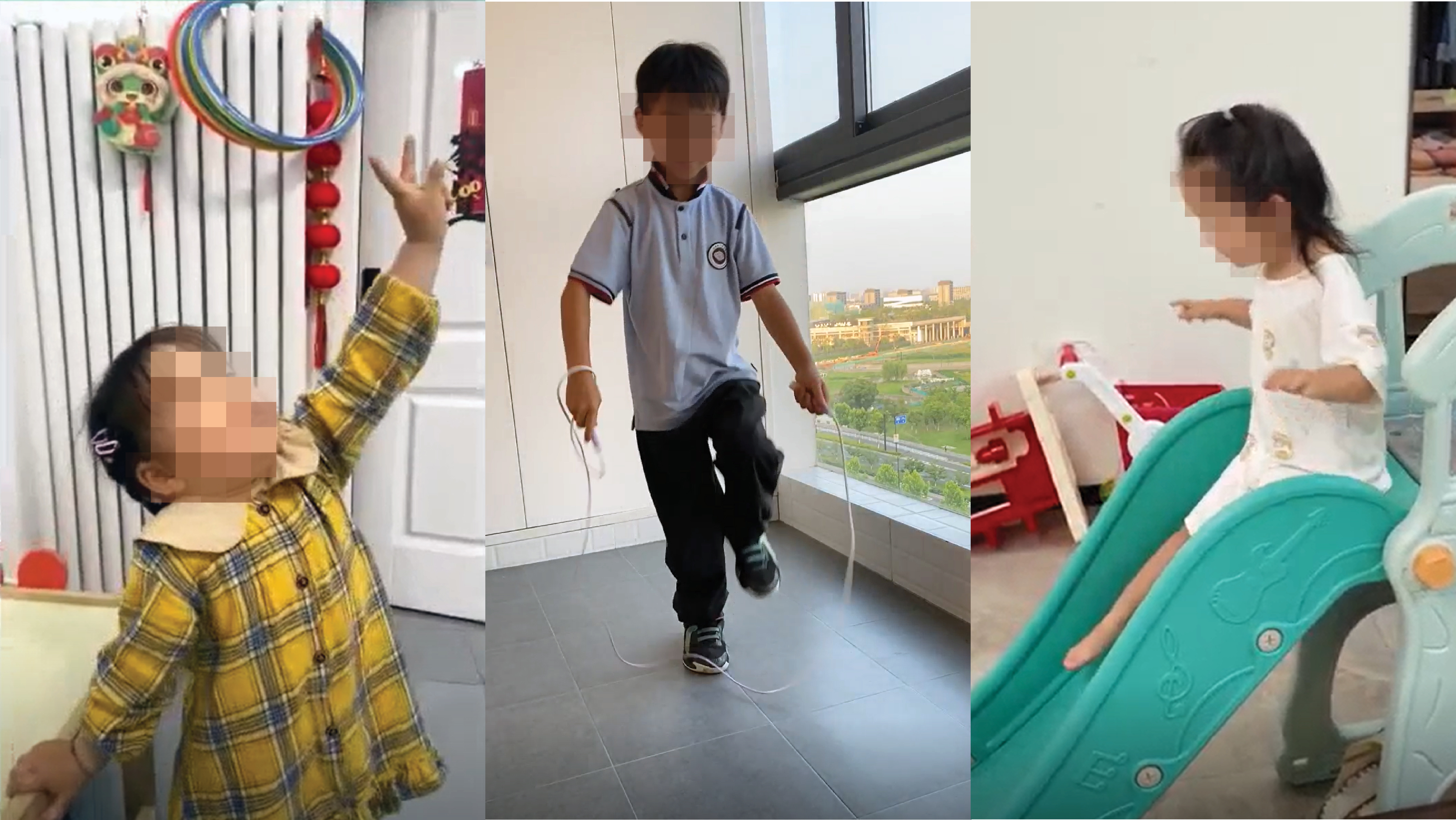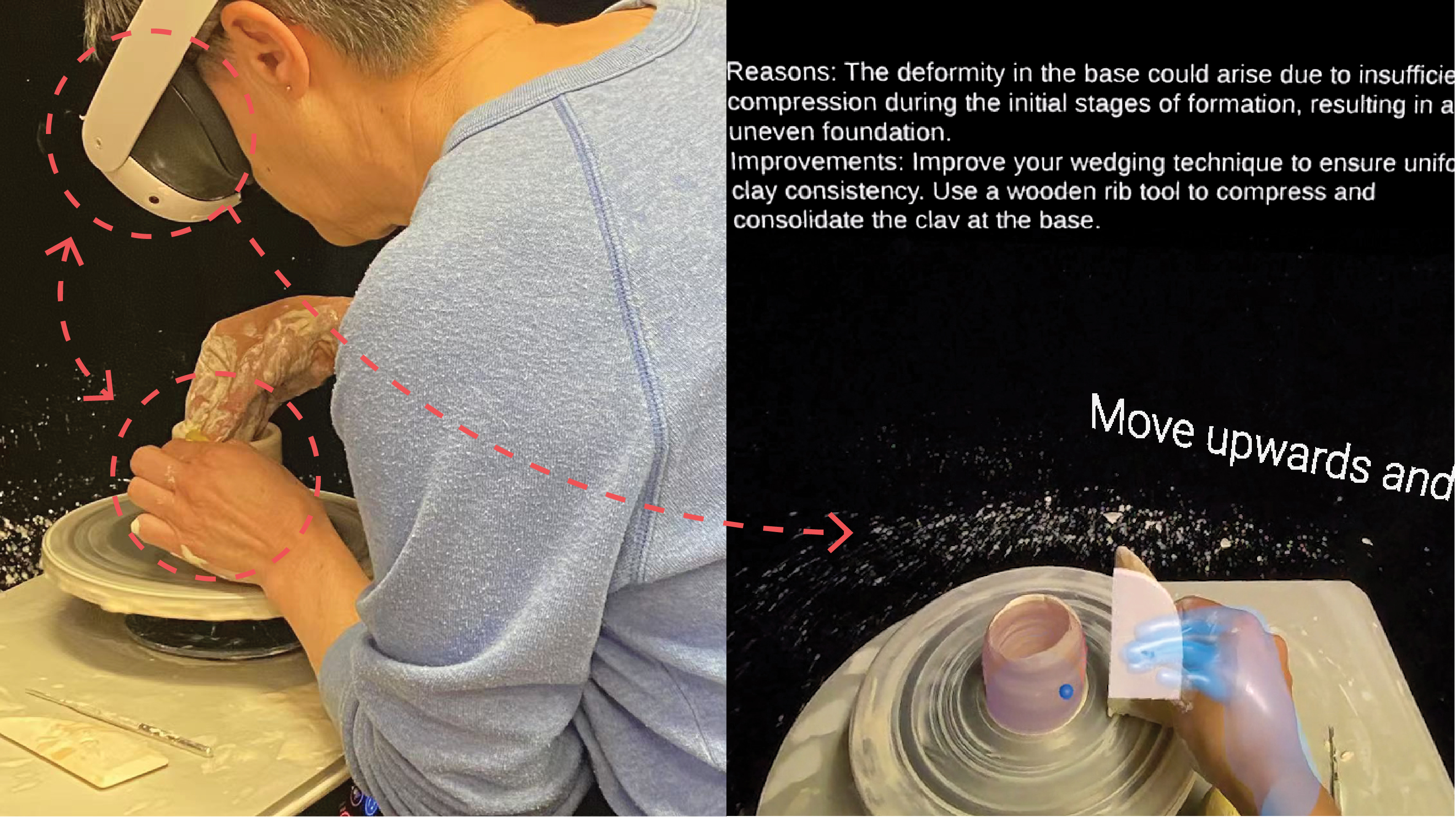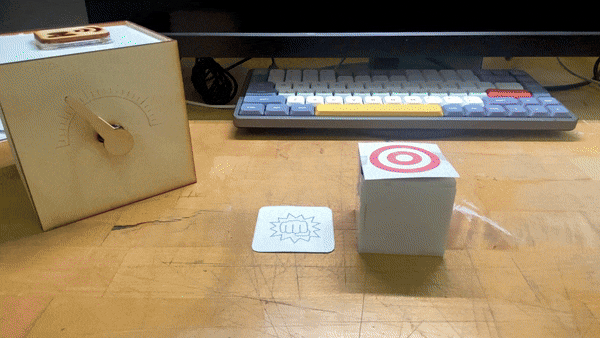2025
-
 "Jump, Stop, Jump Again": Exploring AI-Supported Physical Activity Play at Home with Parents and ChildrenHongfei Ji, Yuhan Yuan, and Qiao JinCompanion Proceedings of the 2025 Annual Symposium on Computer-Human Interaction in Play, Pittsburgh, PA, USA, 2025
"Jump, Stop, Jump Again": Exploring AI-Supported Physical Activity Play at Home with Parents and ChildrenHongfei Ji, Yuhan Yuan, and Qiao JinCompanion Proceedings of the 2025 Annual Symposium on Computer-Human Interaction in Play, Pittsburgh, PA, USA, 2025Physical activity play (PAP) is vital for children’s physical, cognitive, and social development. However, constraints such as limited space, parental availability, and social and physical incidents make domestic PAP a substitute for outdoor play. Given the varied forms of AI, the diverse stages of child development, and the complexity of parent-child dynamics, it is essential to understand how AI shape PAP in the new context. This study investigates how children engage with AI for PAP at home and how parents participate in the process. Through a small-scale pilot study with three families, we examine the forms of AI-supported PAP, parental roles, and the challenges of mediating children’s AI use. Our findings reveal how AI reshapes domestic PAP, offer implications for supporting children’s embodied intentions, maintaining flexible coherence and navigating parent-AI dynamics, and outline future directions for researching children’s domestic PAP.
-
 Reshaping Craft Learning: Insights from Designing an AI-Augmented MR System for Wheel-ThrowingHongfei Ji, Peiyu Hu, and Dina EL-ZanfalyProceedings of the 2025 ACM Designing Interactive Systems Conference, Funchal, Madeira, Portugal, 2025
Reshaping Craft Learning: Insights from Designing an AI-Augmented MR System for Wheel-ThrowingHongfei Ji, Peiyu Hu, and Dina EL-ZanfalyProceedings of the 2025 ACM Designing Interactive Systems Conference, Funchal, Madeira, Portugal, 2025The growth of media technologies and maker culture has expanded craft learning from instructor-guided models to diverse self-directed approaches. However, mastering crafts such as ceramics remains challenging due to their embodied nature and the difficulty of tacit knowledge transfer. While Mixed Reality (MR) and Artificial Intelligence (AI) have supported embodied task learning, their application in craft remains underexplored. We present an AI-augmented MR ceramic guiding system to investigate the interplay between these technologies and craft practices, including how they influence instruction design, shape user perception, and transform learning contexts. Our system provides immersive multimedia instruction and real-time shape-based feedback using computer vision and large language models (LLMs) to guide learners in wheel-throwing on a pottery wheel. Through a Research-through-Design process, we co-designed and evaluated the system with twenty novices and experienced ceramic practitioners. We offer design insights for AI-MR craft learning systems and identify opportunities to extend their application to creative, collaborative, and broader craft-making scenarios.
2024
-
 Just an error? - Prototyping embodied experiences of LLM hallucinationsHongfei Ji, Sinan Goral, and Daragh Bryne2024
Just an error? - Prototyping embodied experiences of LLM hallucinationsHongfei Ji, Sinan Goral, and Daragh Bryne2024Large language model (LLM) hallucination is an intrinsic flaw leading to the response deviating from factual knowledge and conversational context. This thesis explores the method of prototyping the complex interplay of human interaction and LLM hallucinations in embodied medium, focusing on reflecting hallucination’s impact on user experience and socio-technical implications with research through design (RtD) method, especially addressing the new potential of multimodality and speculative design in conveying discourse. The research creates three prototypes, Moodie Assistant, Whisper Web, and Mindscape, to probe the manifestations of LLM hallucinations in various contexts. The thesis uses these prototypes to conduct paired interviews and workshops to capture user reactions and encourage reflective and creative thinking on the algorithmic feature. The thesis challenges the conventional view of LLM hallucinations as mere technical glitches, proposing a deeper investigation into their interactive characteristics. It also expands the methodology of algorithm experience prototyping by gearing towards design speculation and including a broader spectrum of embodied mediums. Both contributions lead to design insights for designers and researchers as a reference for engaging with LLM hallucination and negative algorithm experience in their design/research journey.